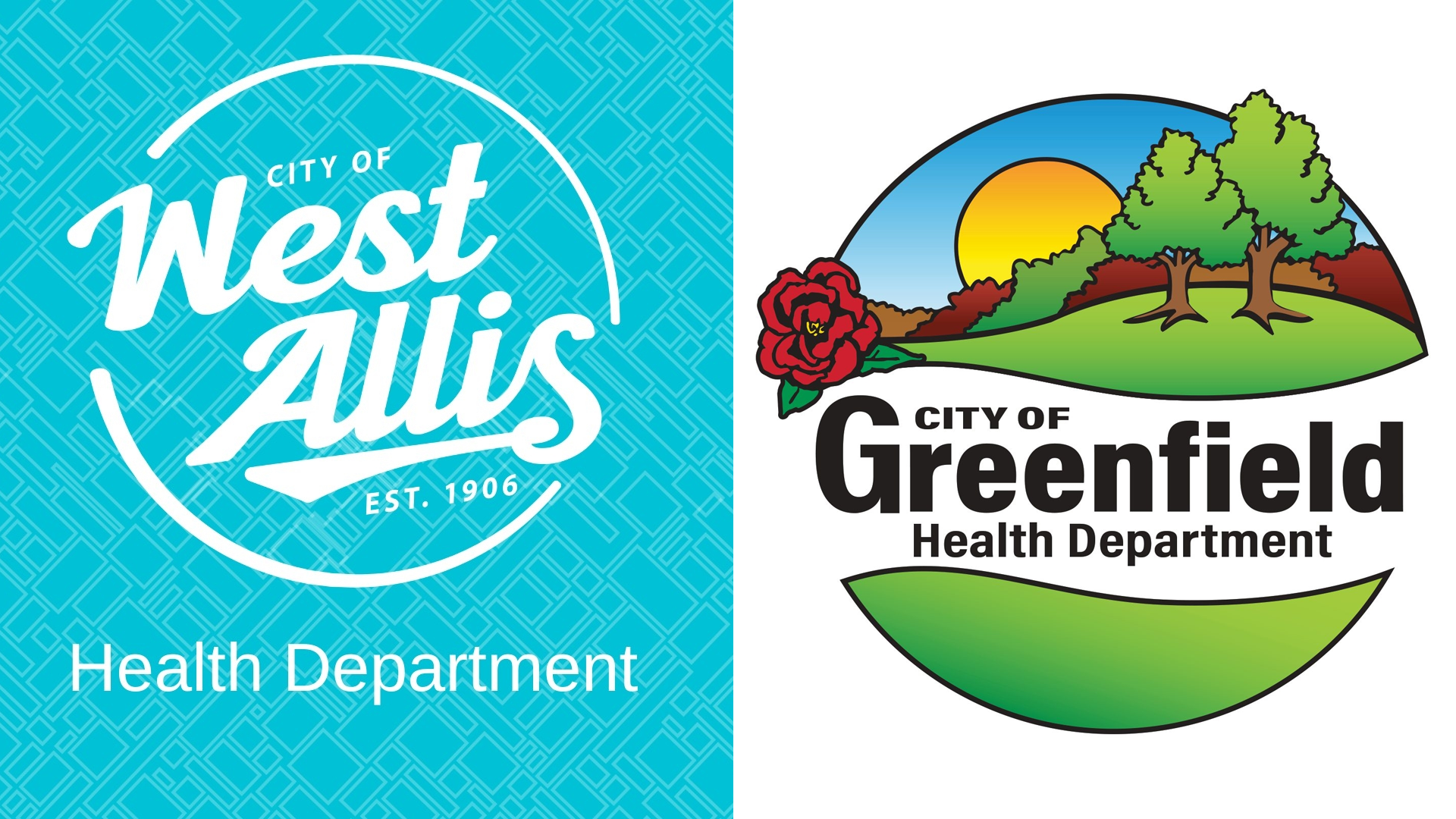At the six-day World Health Assembly, member nations reached a consensus on new measures to enhance global readiness and reaction to pandemics such as COVID-19 and mpox. A critical aspect of these novel steps is an amendment to the International Health Regulations, which were initially adopted in 2005. These changes include defining a “pandemic emergency” and striving for improved access to financing and medical products in developing countries.
The decision to modify the regulations was sparked by the ongoing global health crisis caused by the COVID-19 pandemic. While plans for a more comprehensive pandemic treaty were put on hold due to disagreements between developed and developing nations, all parties agreed to finalize negotiations on the treaty by year’s end.
Lawrence Gostin, a public health law expert, hailed these changes as a “big win for health security.” He argued that they would help streamline negotiations for the pandemic agreement. The new definition of a pandemic emergency incorporates criteria such as widespread geographical spread, overwhelming national health system capacities, causing economic or social disruption, and necessitating swift international action.
Yuanqiong Hu, a senior legal and policy adviser at Doctors Without Borders, emphasized the importance of these amendments in addressing equity in access to health products during global health crises. These measures aim to ensure that all countries, particularly developing ones, have equal access to necessary resources during times of crisis.
In summary, the decisions made by the World Health Assembly reflect a global effort to strengthen preparedness and response to future pandemics. By making these regulatory amendments, countries are taking steps towards creating a more equitable and coordinated international response to health emergencies.



